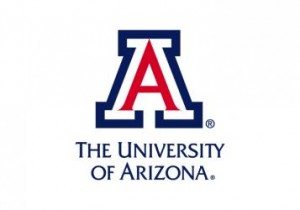 Medical device firm to open distribution center in west Phoenix / Phoenix Business Journal
Medical device firm to open distribution center in west Phoenix / Phoenix Business Journal
Medline Industries Inc. is opening a 630,000-square-foot distribution center in west Phoenix that will store more than 350,000 medical devices and supplies for hospitals and other health facilities.
Theranos reaches $4.65 million fraud settlement with Arizona / Arizona Republic
Theranos will pay Arizona consumers $4.65 million under a consumer-fraud settlement that Arizona Attorney General Mark Brnovich negotiated with the embattled blood-testing company.
University of Arizona valley fever research seeks why some get sicker / Arizona Daily Star
Researchers at the University of Arizona hope a $2.27 million federal grant will help them build a genetic profile of people who get severely ill from valley fever.
STEM collaboration tackles student career readiness / Daily Wildcat
University of Arizona’s STEM Learning Center and UA’s Career Services have collaborated with several companies to provide internships, experience, and other opportunities to students in science, technology, engineering, and math fields.
Ask a Doc: Can darker skin be a risk for skin cancer? / Arizona Republic (Op-ed)
Winnie Liang, an assistant professor in Translational Genomics Research Institute’s Integrated Cancer Genomics and Neurogenomics divisions, writes about a skin-cancer finding that provides hope for patients with a rare type of melanoma.
Venture capital guru asks Phoenix biotech community: What is your genius? / Phoenix Business Journal
Phil Wickham, a University of Arizona mechanical-engineering graduate and veteran venture capitalist, visited Arizona to talk to the state’s bioscience community about ways to attract risk capital.
ASU physics department collaborates with the Mayo Clinic to improve proton beam therapy / State Press
Arizona State University’s collaboration with the Mayo Clinic to improve proton-beam therapy is working to create a positive impact on cancer treatment. Read also: New Arizona research may aid proton therapy precision